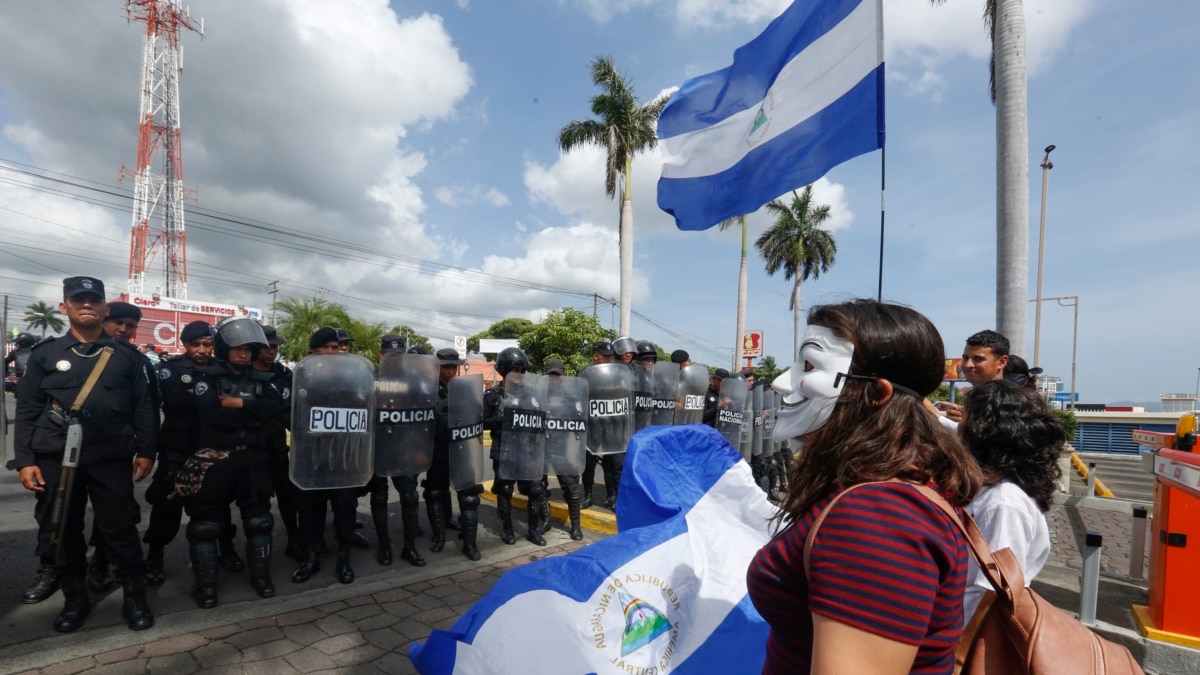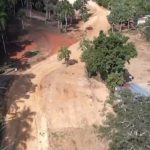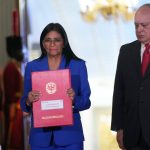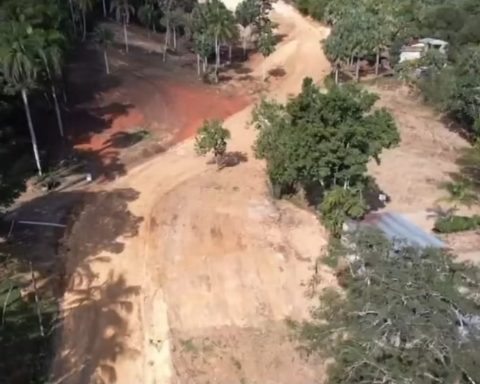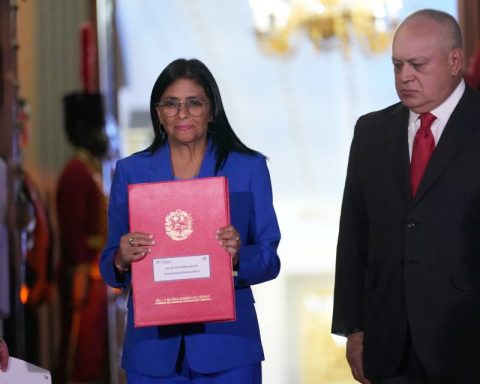A new reform to Nicaragua’s Criminal Procedure Code, presented to the National Assembly, controlled by the ruling party and its allies, would grant superpowers to the police to bypass due process of investigations or trials.
This would be achieved through searches, seizures, theft of electronic-computer equipment and requests for digital information, whether calls, text and voice messages, and geolocation, without the need for a court order.
The proposed reform to Law (406) of the Criminal Procedure Code was announced this Wednesday, September 4, by the president of the National Assembly Gustavo Porras, sanctioned by the United States, Canada and the European Union for violating human rights and is expected to be approved next week.
The proposal seeks to reform at least eight articles of the Criminal Procedure Code under the pretext of combating “obstruction and delay of judicial proceedings” against persons investigated for a crime.
According to the reform proposal, in Article 230, the National Police receives authority to request “information from the owners of mobile and fixed telephone lines, associated services, list of calls, text and voice messages, geolocation” among others.
The police may also “seize, occupy or freeze assets, securities, certificates of deposit, documents and bank accounts” and “suspend financial operations or transactions” without having to inform the accused.
Likewise, the Police may, through the Institute of Legal Medicine or medical or nursing personnel, and with prior judicial authorization, carry out physical investigations, including examinations of biological fluids and other physical interventions it deems necessary, on the accused.
They will legalize something that is done in practice
Experts consulted by the Voice of America They indicate that once the reform proposal is approved in the National Assembly, what has already been applied in practice against pro-human rights activists, independent journalists and opposition leaders will be “legalized.”
“Police and government officials have already been carrying out these practices, violating communications and confiscating electronic devices,” said Yader Valdivia, a lawyer for the Costa Rica-based human rights group Nicaragua Nunca Más.
According to Valdivia, the raids and seizure of electronic devices have been carried out irregularly during the arrests of political prisoners or as retaliation after their exile in the last six years.
Connect with the Voice of America! Subscribe to our channels YouTube, WhatsApp and to newsletter. Turn on notifications and follow us on Facebook, X and Instagram.
